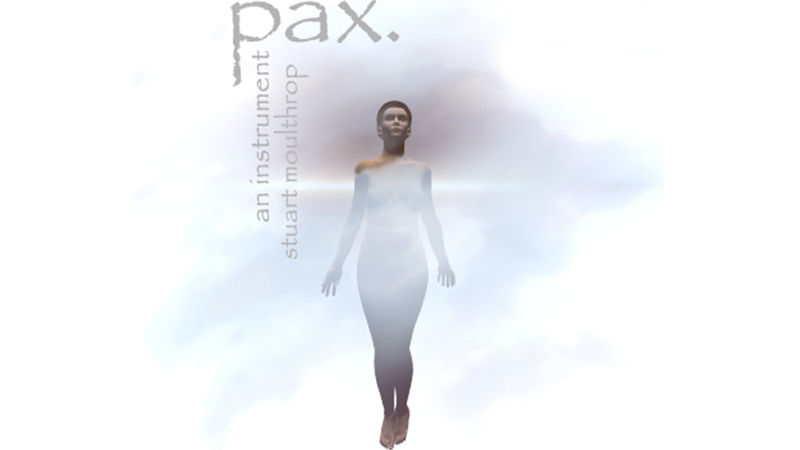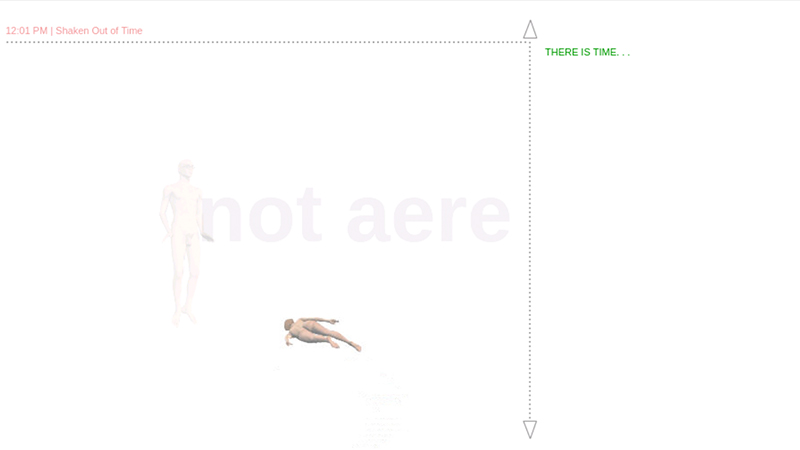"Pax" is "lesser apocalypse that began to unveil itself one stormy spring day near Dallas when someone closed the terminal and the guns came out. It's about flying and falling, truth and desire, nakedness, terror, and the home land. While some may find these themes all too American, they are as Chekhov might have said originally Russian: recall what happened to those cosmonauts who took off from the USSR and landed in the CIS, displaced by a trick of history, discovering (as we all must) that we travel through time as well as space. It's become a common experience these days, this journey to another world, this never coming home. Especially when the guns come out.
. . . As will be apparent, this is not a work of literature in the ordinary sense; neither does it have the formal properties of a game, though it is meant to be be played as well as read. Taxonomic questions--whether this text is hyper, cyber, techno, or oulipo, indeed whether it is 'text' at all--I leave to those who care about such matters. Some years ago and in another world, John Cayley pointed out that we play many things besides games--for instance, musical instruments. He went on to wonder if we could create textual instruments, rule-governed systems for producing patterns in which the element of configuration or play is highly prominent. Though it is probably not what Cayley had in mind, the form of 'Pax' began as an attempt to realize his suggestion." -- Stuart Moulthrop
2 COPIES IN THE NEXT
Published in 2003 by The Iowa Review Web in Volume 5.
This copy was given to the Electronic Literature Lab by Lynne Nugent at the Iowa Review in Summer 2016.
PUBLICATION TYPE
Journal
COPY MEDIA FORMAT
Web
ORIGINAL URL
http://iowareview.uiowa.edu/TIRW/tirweb/feature/moulthrop/index.htmlThe Stuart Moulthrop Collection
An unpublished copy.
Stuart Moulthrop gave this copy to Dene Grigar in 2020.
COPY MEDIA FORMAT
Web



